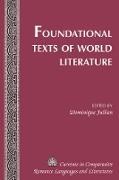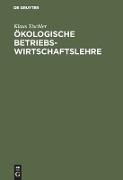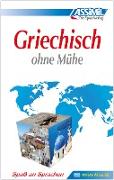- Start
- Foundational Texts of World Literature
Foundational Texts of World Literature
Angebote / Angebote:
What makes a world author? How did Homer become a «cosmopolitan» author? How does a Mayan creation narrative challenge our Western logocentric ideas of foundational texts? What might world literature look like to a fourth-century Roman reader? How do past and more recent translations of Dante's Commedia help us to rethink the changing definitions of world literature? How did the Alexander romance adapt to an Islamic context? How did Tasso's epic adapt to a later cultural context dominated by the «Turkish Fear»? What shaped the West's first impression of The Tale of Genji? How does the Ovidian myth of Arachne migrate from Japan to the Caribbean? What are the foundational metaphors at the root of Goethe's weltliteratur paradigm? What happens when cultures import canonical texts for lack of their own? By what process does an eccentric writer reconstruct a new foundational text from heterogeneous fragments of other cultures? How did literary criticism contribute to the canonization of the Thousand and One Nights in Western literature? What is left of the primacy of the national language when writers are published simultaneously in various translations? How do modern misreadings shape our understanding of national epics and ensure their survival? World literature, first intuited in Goethe's foundational idea of weltliteratur as literature that seeks to transcend national boundaries, is viewed here in its essential mobility and migratory capacity, which relies on the centrality of the reading act. This volume focuses on foundational texts as they are read across cultures, languages and historical contexts. Its goal is to reflect on canonical texts - from Homer's Odyssey to Murakami's Genji, from Cervantes to Mayan hieroglyphs, from Dante to Coetzee, from Goethe to Lezama Lima, from the Thousand and One Nights to Jorge Luis Borges - in a global perspective: how they are translated, appropriated, transformed, how they travel across different cultures and languages, their foundational status evolving accordingly in a post-European world. Foundational Texts of World Literature includes contributions by Gerardo Aldana, Sandra Bermann, Piero Boitani, Michael Emmerich, Azadeh Yamini Hamedani, Stefan Helgesson, Paulo Lemos Horta, Juan Pablo Lupi, Peter Madsen, Ulrich Marzolph, Suzanne Saïd, Evanghelia Stead, Mads Rosendahl Thomsen, and Richard Van Leeuwen.
Folgt in ca. 15 Arbeitstagen




